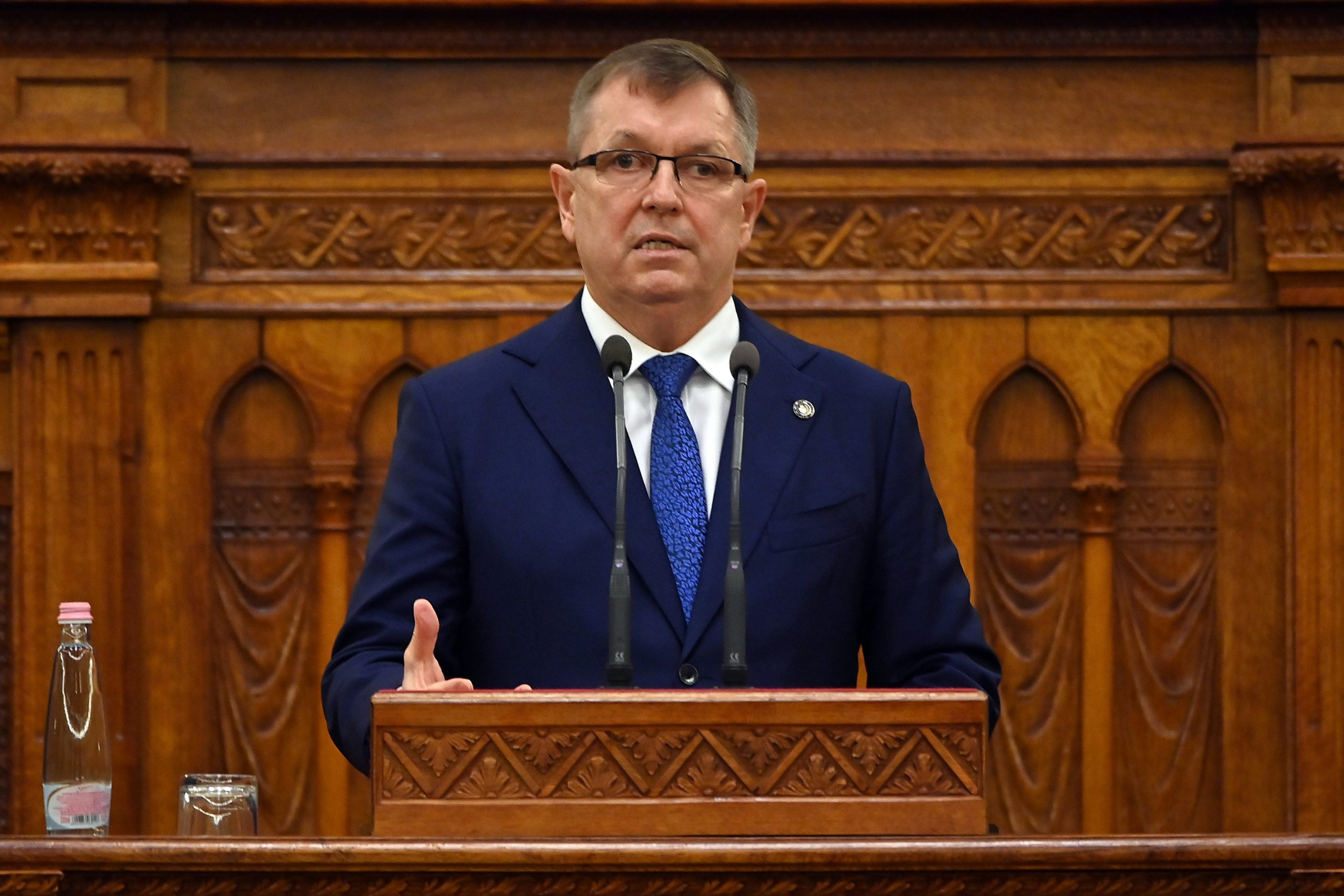
The Bank's target has long been to keep Hungary’s inflation at around 3%, however, the rate of increase will unlikely fall below four percent this year, thus further hikes are sure to come.Continue reading

The National Bank of Hungary observes Hungary’s 2004 commitment to introduce the European currency, but such a move should only be taken if it can be done “safely and successfully”, NBH Governor György Matolcsy said in an article published in the online edition of pro-government daily Magyar Nemzet on Sunday.
Concerning the “dilemma” of whether to eliminate the forint and introduce the euro, Matolcsy said that the recent crisis could be “managed better” with the national currency, and argued that the 2020 recession is Hungary had not been as serious as in countries of the euro zone, while Hungary’s economy stayed close to the European average during the crisis. He added that the process of recovery was also faster in Hungary than in other countries.
Matolcsy said that the central bank had used “targeted tools” to handle the crisis which the euro zone did not have in place.
The governor insisted that the first 20 years of the euro had “brought more failures than achievements”. He said that introducing the euro had only benefitted Germany and the Netherlands, while it caused losses in all other countries, and “historic failures for southern states”, adding that “those outside the euro zone were much better off”.
“It is a historical fact that all countries in the euro zone had already achieved their level of development by the time of joining [the common currency], they became highly developed and rich without the euro. It was not the euro that brought wealth but the national currency.”
Featured photo by Tibor Illyés/MTI